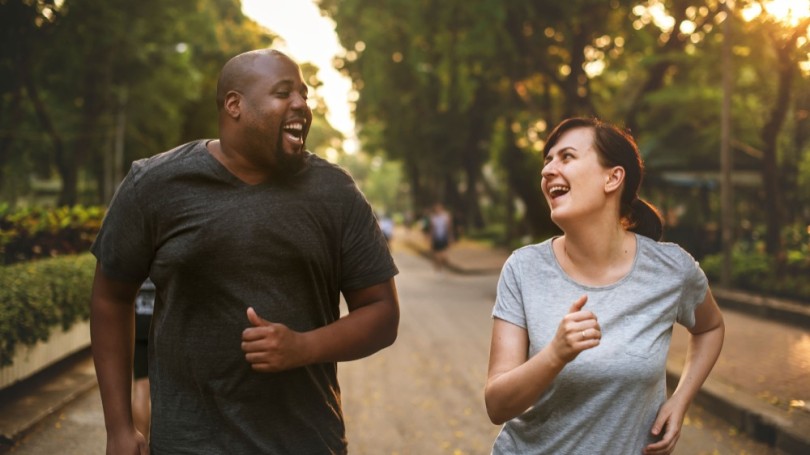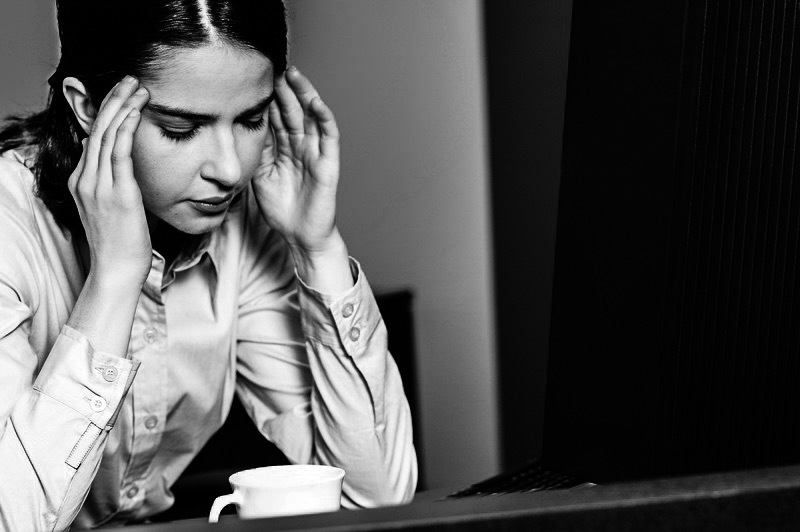When it comes to stress management, there is no disputing that it may be a serious problem. From high-pressure professions to frantic social schedules, life can feel like an uphill battle at times. However, if you want to keep everything under control, you’re undoubtedly already aware of the tension that comes with this. While there is no silver bullet, daily exercise can be one of the most effective strategies to relieve stress and maintain a healthy degree of self-control.
This post contains Amazon affiliate links, meaning I may earn a small commission if you purchase through my links, at no extra cost to you. Note: We aim to provide accurate product links, but some may occasionally expire or become unavailable. If this happens, please search directly on Amazon for the product or a suitable alternative.
Stress is a natural human phenomenon that is present throughout our daily lives. Work, personal and social pressures are just some of the stressors that confront individuals on a daily basis. Stress can cause a number of difficulties in one’s life, including anxiety, depression, low self-worth and social isolation.
However, stress can also be managed and even used as a positive force in one’s life. Regular exercise is one of the most effective ways to manage stress and anxiety. It has been proven to reduce stress hormones in the body, increase serotonin levels, improve one’s self-esteem, improve concentration and reaction time, decrease muscle tension, and even enhance mood.
Regular physical activity has been demonstrated to relax your mind and lessen feelings of tension and anxiety, and its stress-reducing effects are widely documented. In this post, we’ll look at the benefits of exercise for stress management, as well as the numerous ways you may include it into your daily routine.
So let’s say you’ve introduced walking to your anxiety-relieving regimen and are now a firm believer in the power of a brisk walk to improve your mood. That’s fantastic. If you appreciate physical movement and its calming mental effects, you should think about incorporating other sorts of movement into your life.
You already know that exercise is beneficial to your body and physical health. You’ve seen what a little exercise can do. Continue reading to learn how regular exercise can help you control your anxiety, what sorts of movement work best, and how fitness can help you manage your stress better.
Exercise has significant physiological effects on both the brain and the body. When you exercise your body, feel-good brain chemicals are released. Endorphins and endocannabinoids are examples of these. Physical activity also reduces the amounts of certain immune system molecules that have been linked to the worsening of depression symptoms. Even a rise in body temperature as a result of exercise can have soothing benefits.
Moving your body has some incredible emotional benefits as well. Getting your body moving can be a great distraction from your troubles, allowing you to focus on mindfulness in the current moment or simply allowing your mind to stray to more joyful thoughts.
Proving to yourself that you have what it takes to achieve your fitness goals is a huge confidence booster, not to mention what seeing a small, more toned reflection in the mirror can do. Exercise on a regular basis can also be one of the most effective coping techniques for dealing with chronic anxiety.
You do not need to commit to a rigorous fitness regimen to gain the benefits. Simply setting aside a half-hour on a few days per week can do the trick. Even simple changes to your daily routine, such as taking the stairs instead of the elevator or parking farther away from the office, can assist.
Consider adding running, hiking, or yoga to your workout routine. These forms allow you to get out into nature, are easy enough to give your mind a break, and provide advantages such as improved mental focus.
Whatever you choose, make sure it’s something you’ll enjoy. This increases your odds of sticking to your new regimen and motivates you to keep going. Determine what has previously prevented you from exercising and devise tactics to overcome these obstacles. If you become bored easily on your own, you may need to locate an accountability partner to engage in workouts with you. If fitness hasn’t been a regular part of your life, set sensible goals for yourself.
Starting small not only enhances the likelihood that you will not give up, but it is also safer. Always with your doctor to ensure that you are physically capable of participating in the form of exercise that interests you.
Physical fitness has numerous advantages. You now understand that lowering anxiety is one of the most beneficial things you can do for yourself. If you want to reduce your anxiety, get out there and move.
Want to get notified on new content?
Get email updates when new posts and articles are available.
» Yes! Sign me up for free updates.









